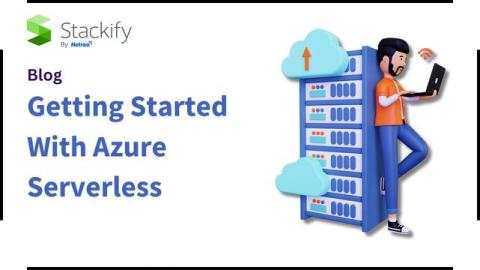Comparing NestJS and ExpressJS
Having delivered numerous applications, prototypes, and demos over the years, I’ve developed a deep appreciation for how robust development frameworks can significantly contribute to Speed to Delivery Time (SDT). This metric is vital in the fast-paced software industry, where the ability to bring scalable and maintainable applications to market quickly can set a project apart.















